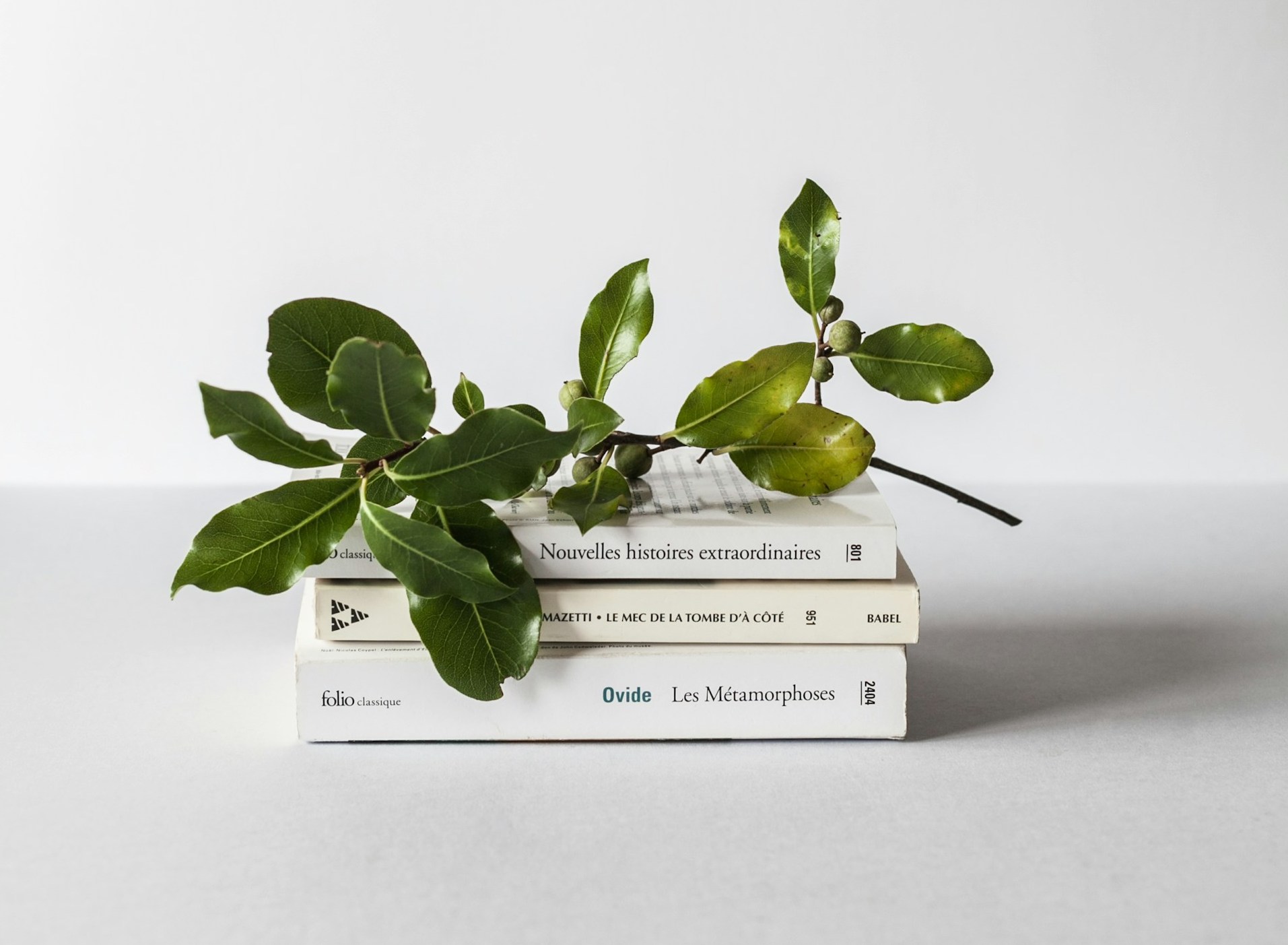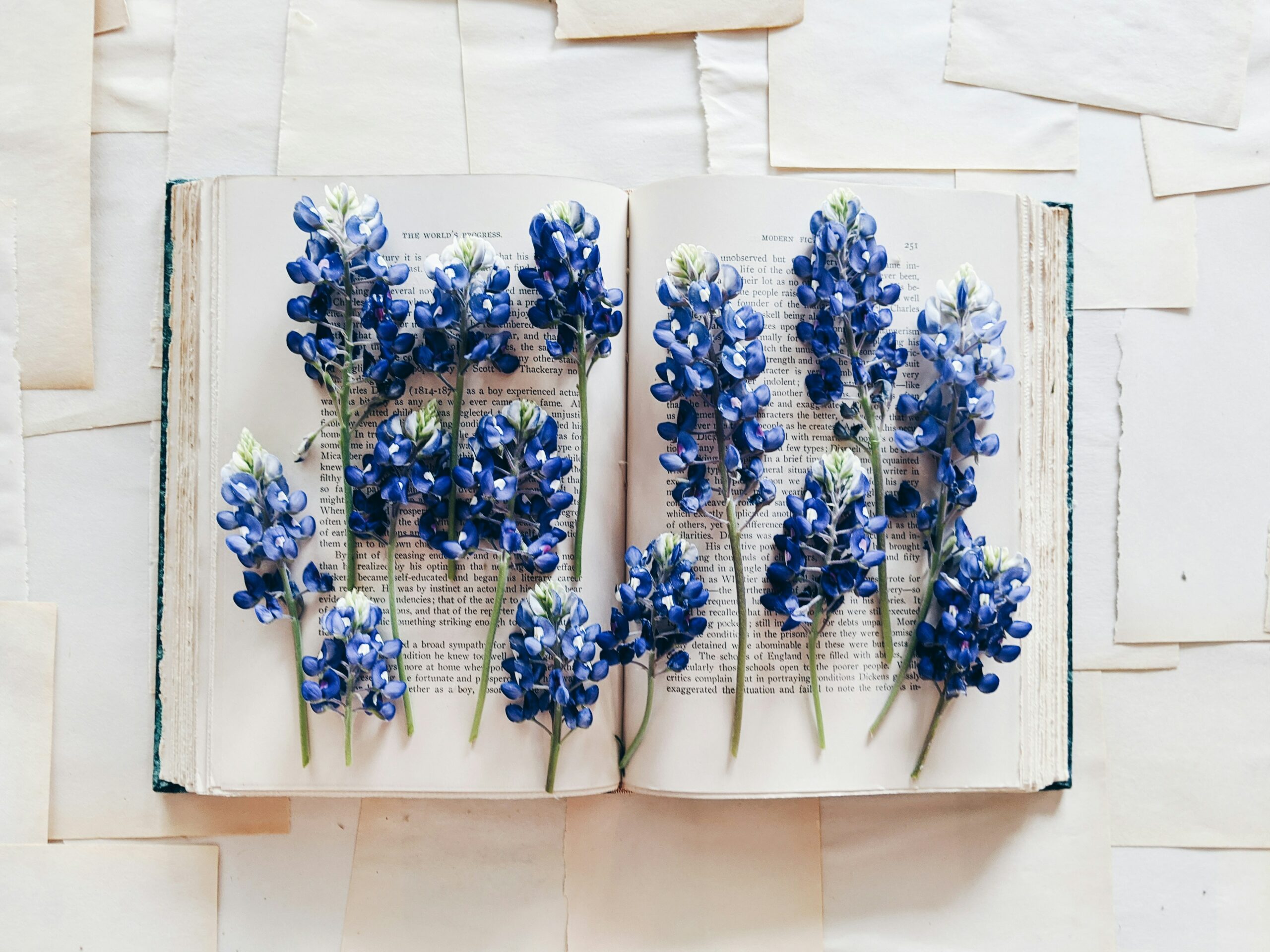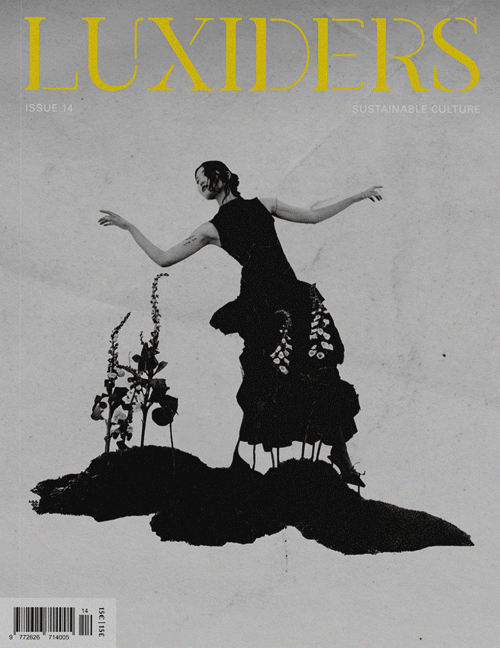
Summer Reads | Must-Read Books About Environmentalism and Sustainability
Amidst mounting environmental concerns about the nature of our behaviors, knowledge – especially, in the form of the book – acts as a beacon of light. There is a constantly evolving body of literature which helps to educate and guide us as we transition towards a sustainable future. Here is a selection of some must-read books.
The Upcycle: Beyond Sustainability–Designing for Abundance,
by Michael Braungart and William McDonough
“You have one life and, like a tree, you can create abundance, a profusion. You are a known positive.”
In their newest collaboration, McDonough and Braungart re envision the whole of modern design, imaging how humans might – finally – reinvent their role in the natural world. Rather than continue to streamline reuse and recycle, as is currently a major focus of many burgeoning industries, McDonough and Braungart suggest we shift our efforts towards creating abundance – enhancing the way we behave instead of shielding the environment from our behaviors.
Questions surrounding the role of design acknowledge the current state of our industrial evolution – as wasteful, inefficient, and largely inconsiderate. McDonough and Braungart, visionaries in their own right, propose an alternate way of design where, instead of designing with an intention to sustain life, we can actually use modern tools – such as cars, such as buildings, chairs, factories, etc – to grow life. Their unique perception on human action and design opens our eyes – as well as our minds – to the endless possibilities of a sustainable future. It is not simply about protecting the environment, but nourishing it, too.
Not the End of the World: How We Can Be the First Generation to Build a Sustainable Planet
by Hannah Ritchie
“The world is much better; the world is still awful; the world can do much better. All three statements are true.”
An informative and pragmatic read, data scientist Hannah Ritchie approaches the topic of sustainability from a typically forgotten perspective – one of optimism and hope. Instead of zeroing in on our environmental issues, she instead looks at a larger picture – one which reflects monumental and rather fast progress in these same fields. Ritchie inevitably believes that we just might be on the right track – for the first time ever – to carve a sustainable future.
Situated in the most current research, with enlightening graphics and pragmatic advice, this book will make you reconsider your own perception of sustainability, providing you with essential tools to navigate your own place in the sustainability landscape.
The Story is in Our Bones: How Worldviews and Climate Justice Can Remake a World in Crisis
by Osprey Orielle Lake
Author and activist Osprey Orielle Lake takes her inspiration from Indigenous heritage, weaving political, cultural, and ecological analyses into a tale of environmental justice. Presiding worldviews are largely founded on destruction and exploitation – principles which have forced us into a period of social, political, and environmental turmoil. Osprey acknowledges that there must be some sort of a shift, then, to restore order and justice to the world. Throughout the lyrical book, Osprey shares her experiences working alongside global leaders, climate activists, and Indigenous people, all of whom all hold a creative vision for the transformation of the world.
The Sixth Extinction: An Unnatural History
by Elizabeth Kolbert
“The current extinction has its own novel cause: not an asteroid or a massive volcanic eruption but “one weedy species.”
Pulitzer Prize winning novel, The Sixth Extinction, is a riveting collective history about mass extinctions. Included among the rhetoric is a sixth extinction currently unfolding – a mass extinction for which the cataclysm is our own “weedy” selves. Pulling from the works of botanists, geologists, marine biologists, and other diverse scientists, Kolbert introduces a wide body of research to suggest her case. Throughout the novel, she alludes to dozens of species which have already gone extinct or which, like the Sumatran Rhino and like the Panamanian Gold Frog, are threatened by near extinction. A fascinating read, this book will make you question the fundamentals about being a human and our relationship to the Earth around us.
Regenesis: Feeding the World Without Devouring the Planet
by George Monbiot
“Our loyalties are to the aesthetics, not the evidence. We are seduced by the way things look, and overlook the way they function. But beauty is seldom truth, and truth is seldom beauty.”
Agriculture is often considered one of the most environmentally destructive industries. Occupying over 30 times more land than urban developments, farms – the creation and ploughing thereof – are a root cause of deforestation, biodiversity loss, and pollution. Despite all of this, we still live in a world riddled with hunger.
Monbiot, in his Regenesis, reimagines the food system entirely, proposing a way that we can simultaneously feed the world without devouring the planet itself. Drawing on recent advancements in soil ecology, Mobiot reveals the ways in which our changing understanding of the world around – and, especially, beneath – us might influence the way we farm. Specifically, he believes these advancements will allow us to grow more food on less land, thus restoring natural resources and revolutionizing our relationship with the planet and its inhabitants.

Highlight Image: © Alex Lvrs via Unsplash
+ Words:
Tori Palone
Luxiders Magazine






